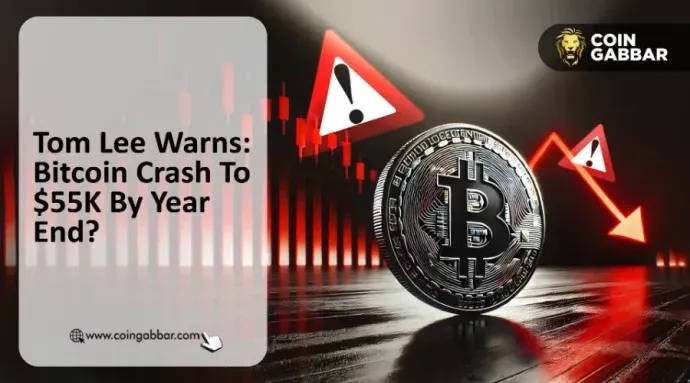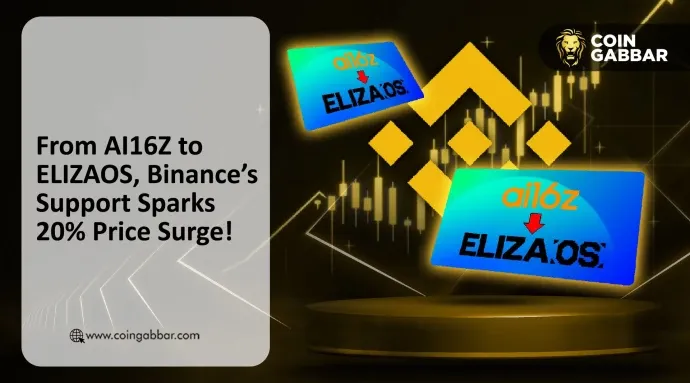Reconstructing Power in Probability Games
Written by: On-Chain Revelation
Imagine a place where you can bet on anything: Who will be the next President of the United States? Will the Federal Reserve lower interest rates next month? Even, can your favorite actor win this year's Oscar?
In 2025, this market experienced a genuine "explosive growth." Just last October, its trading volume skyrocketed by 91% compared to the previous month, reaching an astonishing $8.4 billion. The weekly trading volume even historically broke the $2 billion mark, making the entire market incredibly hot. This is not a slow evolution; it is a sudden gold rush.
Behind this explosion are three powerful forces that cannot be ignored; when political leaders, Wall Street, and the core crypto circle all focus their attention and money on the same place, we must ask one question: What exactly did they see?
The answer splits into two distinctly different yet equally enticing stories.
Chapter 1: The Big Players Enter, and the Rules of the Game Begin to Change
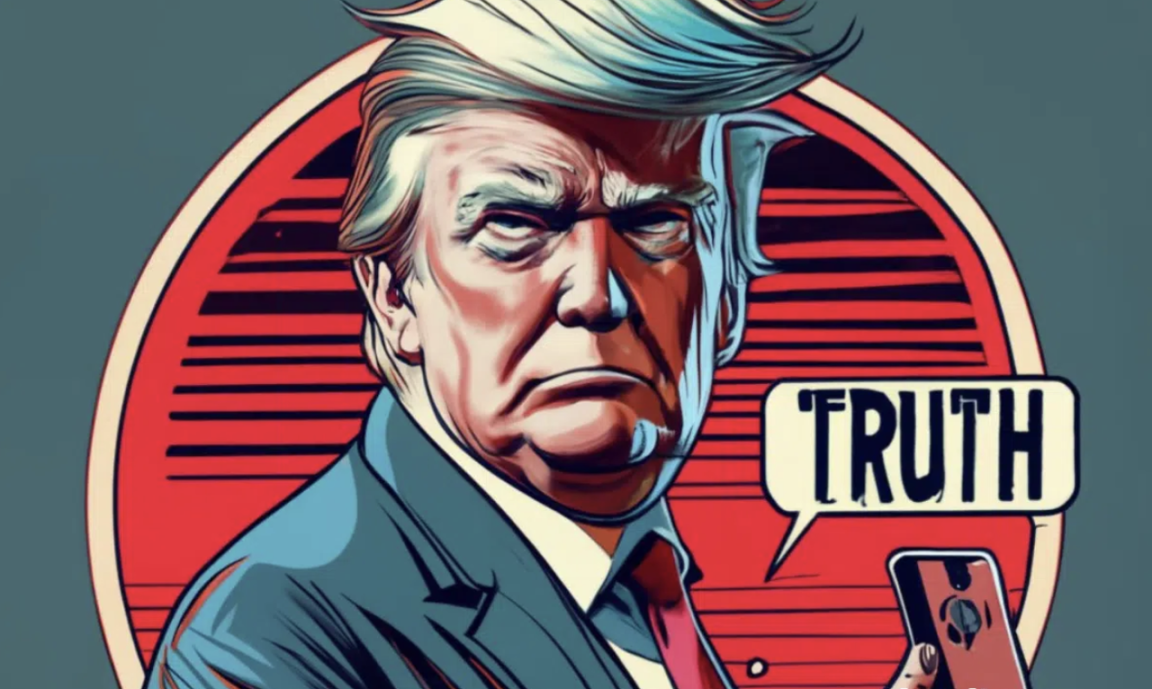
Role One: Trump's "Truth Prediction" — Social Media Meets Financial Betting
This week, Trump's media company, Trump Media & Technology Group (TMTG), announced its entry into the prediction market through the Truth Social platform, officially launching the "Truth Predict" service.
A political marketing evolution: a carefully designed "social + financial" hybrid.
Imagine this scenario: You see a post about the Federal Reserve's interest rate decision on Truth Social, click a few times, and you can use the platform's rewarded "Truth gems" to convert into CRO tokens for betting. This is no longer the traditional "have an opinion, then bet," but a new model of "betting while socializing."
The ambitions of Truth Predict go far beyond this:
User-oriented: The goal is to achieve "democratization of information" for its 6.3 million users.
Betting scope: From political elections to sports events, from commodities to Federal Reserve decisions.
Viral spread: Every bet could become social content, creating a self-reinforcing dissemination cycle.
More critically, this platform adopts CFTC-regulated binary contracts, cleverly avoiding the legal definition of "gambling." In the regulatory gray area, the Trump team's instincts remain as sharp as ever.
Truth Predict's Beta testing will soon begin on Truth Social, targeting U.S. users, supporting betting on events such as elections, economic indicators, sports, and commodity prices.
Role Two: CZ's Decentralized Layout: From Behind the Scenes to the Forefront

Compared to Trump's high profile, crypto core figure CZ's layout is more discreet yet equally precise.
Through YZi Labs (formerly Binance Labs, established in 2018), CZ invested in two key projects: Opinion Labs and APRO Oracle. The former builds a decentralized "truth oracle," while the latter is a "decentralized oracle network specifically serving the Bitcoin ecosystem."
CZ's statements on Twitter are thought-provoking: "The prediction market urgently needs specialized oracles," "Although there are only a few investors, we will do our best to help increase strategic value."
This statement reveals an important signal: CZ is interested not only in the prediction market itself but also in the data infrastructure behind it. In other words, when prediction markets become mainstream applications, the verification of data authenticity undoubtedly holds significant weight. Whoever controls the verification of data authenticity indirectly holds the discourse power of the new ecosystem.
The mainnet of Opinion Labs went live on the BNB Chain on October 16, 2025, currently in an invite-only Beta phase, with a cumulative trading volume exceeding $300 million (testnet + mainnet Beta); while the Beta testing of APRO Oracle started on October 28, targeting BNB Chain and Bitcoin Layer 2 developers, with AI verification node registration now open.
Role Three: Wall Street's Expectations: ICE's $2 Billion Bet
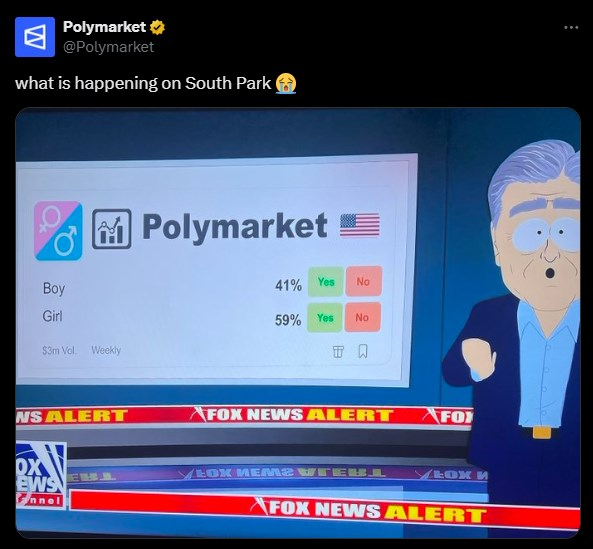
The most shocking news is the $2 billion investment by ICE, the parent company of the New York Stock Exchange, in Polymarket. This is not just an investment; it is a "formal endorsement" of prediction markets by traditional finance.
$2 billion is not a small amount for Wall Street, especially for an institution known for its conservatism. ICE has always favored "hardcore finance" — in 2013, it spent about $11 billion to acquire NYSE Euronext, and in 2018, it established the crypto asset platform Bakkt, with an initial investment of only $180 million. These figures together illustrate the point: ICE is betting on a completely different future.
Why? Because what prediction markets aggregate is not capital, but dispersed judgments. In an era dominated by algorithms, data has long been saturated; what is truly scarce is human signals. When traders, programmers, professors, and gamblers all bet on the same platform, they inadvertently produce an extremely valuable indicator — collective expectations.
This investment may signify a shift: when mainstream financial institutions begin to treat prediction markets as sources of information rather than toys, the coordinates of the financial world will slightly shift. Algorithmic trading, risk models, investment strategies — all may be recalibrated because of these "marketized predictions."
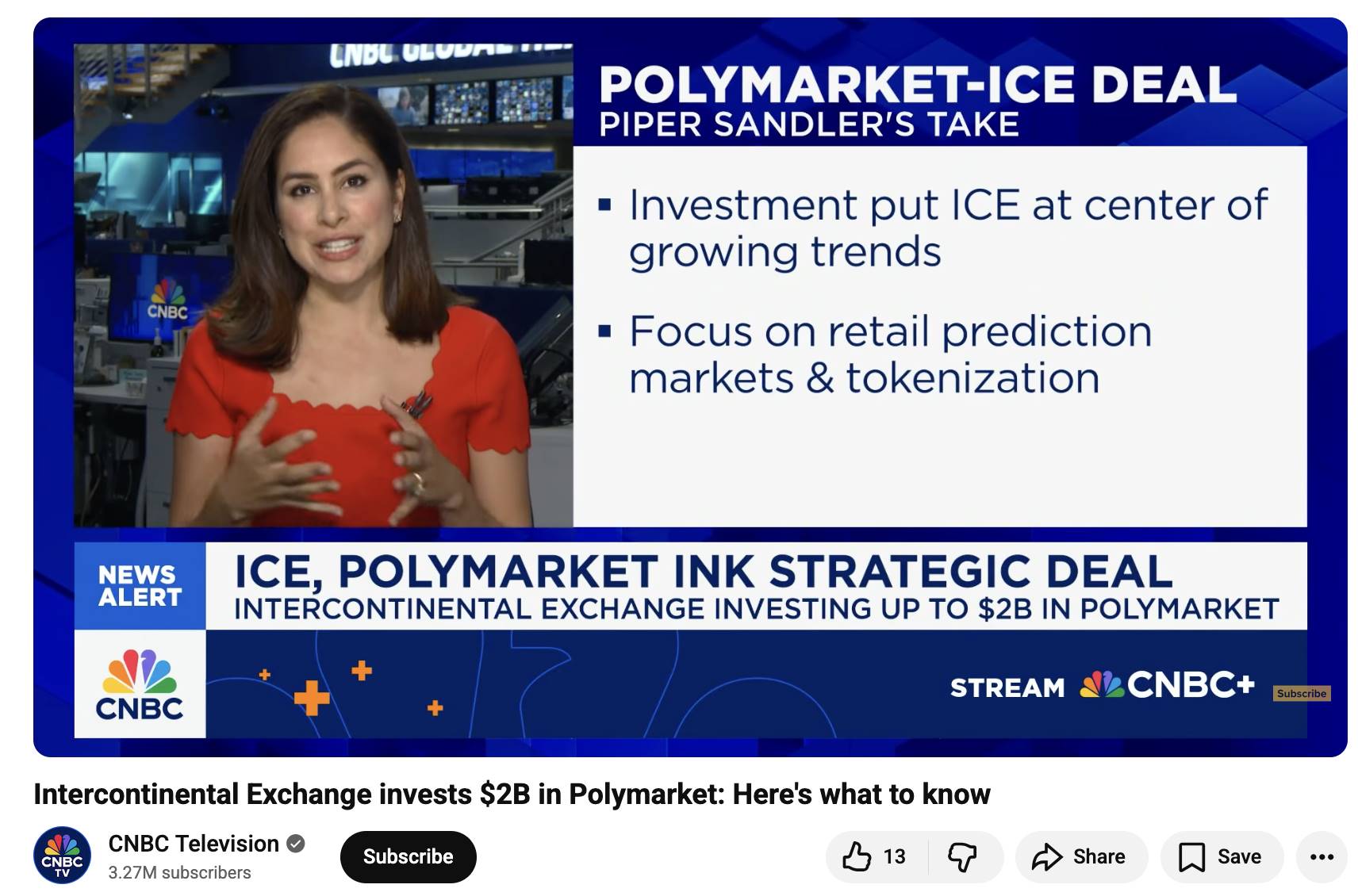
CNBC, as a leading global financial media outlet, reported this event primarily due to its significant financial and market impact.
Chapter 2: The Billionaires' Motives — Two Distinct Stories

Crypto Perspective: DeFi's "Accidental Holy Grail"?
The first story perfectly addresses a long-standing awkward question in the crypto world: How can DeFi (Decentralized Finance) be used by the masses?
For years, the promise of "DeFi democratization" has been seen as the holy grail of the crypto world. But the reality is that complex wallets, difficult private key management, and abstract yield logic have kept 99% of ordinary people at bay. DeFi has always been an insider game for "crypto-native users."
However, prediction markets may become that "unexpected breakthrough." They could be the first DeFi product to achieve large-scale adoption because they completely revolutionize the user experience:
It is intuitive and fun, rather than brain-bendingly complex: The way to participate is similar to "guessing," betting on your judgment of the real world, rather than requiring you to understand "liquidity pools" or "impermanent loss." Predicting "whether the next Marvel movie will gross over $1 billion" is much more intuitive than calculating complex DeFi yield rates.
It is strongly coupled with the real world, rather than being abstract: The subjects of prediction markets are all verifiable real-world events: presidential elections, sports events, policy regulations. This directly links the abstract value of blockchain with real life, giving it an unprecedented sense of "tangibility."
It is becoming "foolproof," rather than exclusive to geeks: Major platforms are working hard to allow users to participate directly with credit cards and emails, completely hiding the complex blockchain technology behind the scenes. You don't even need to know what a wallet is to bet on the next Super Bowl.
In this story, prediction markets are the "Trojan horse" for DeFi to enter the mainstream. They use the most human-friendly "guessing" and "gossip" as a disguise, quietly bringing blockchain technology to the fingertips of tens of millions or even hundreds of millions of users. This is not just a growth; it could be a decisive step for the Web3 world from "on-chain economy" to "real-world participation."
Political Perspective: Democracy's "Secret Weapon"
However, the flip side of the coin tells a story about power and public opinion.
What is the core of politics? It is not just about winning votes, but also about shaping voters' "expectations." And prediction markets are precisely a perfect "expectation manufacturing machine."
Imagine this: On the eve of an election, a candidate's winning probability is raised to 78% in the prediction market. This number itself is a highly impactful news story. The media will cite it ("Market predicts XX will win overwhelmingly"), social networks will spread it, and voters will see it. This "sure win" aura, backed by money, will spread like a virus, swaying moderates, demoralizing opponents, and even creating a self-fulfilling prophecy of "when the wall falls, everyone pushes."
More frighteningly, this provides a new, hard-to-account-for tool of influence for power. In the past, politicians needed to influence public opinion through media or direct statements; now, you might just need a sufficiently large amount of capital and a "suitable" platform.
By making large bets in the market, politicians can "buy" a favorable probability for themselves in the short term and then let the media and the public amplify this signal. When questioned, the parties involved can simply shrug and innocently say, "I didn't lie; I was just making a legal investment."
When we see Trump's son, Donald Jr., becoming an advisor to Polymarket, and the capital associated with him pouring tens of millions into the platform, we should be wary: Is this really just a simple investment?
In this story, prediction markets are no longer a "crystal ball" gathering wisdom, but a "secret weapon" that can be used to shape public opinion.
Conclusion: Reconstructing Power in Probability Games
So, are prediction markets the "accidental holy grail" of DeFi, or the "secret weapon" of democracy?
The answer may be: both.
It has the potential to become an unprecedented information aggregation tool, allowing "the wisdom of the crowd" to shine with unprecedented efficiency; it may also become a battleground for public opinion captured by massive capital and political power, where "the biggest wallet" defines what is "truth."
Currently, Kalshi and Polymarket dominate the vast majority of the market share, with the former holding about 60-66% and the latter 34%. When platforms like Robinhood open event contract trading to their 20 million users, the influence of this market will grow exponentially.
The next 12-24 months will be crucial. Can prediction markets achieve large-scale adoption while maintaining the ideals of decentralization? Can they maintain innovative vitality while accepting regulation? Can they uphold public interest while achieving commercial success?
The answers to these questions will determine whether prediction markets become tools for social progress or weapons that exacerbate inequality and manipulation.
And each of us will be participants and witnesses in this probability game.
"Be strong and keep playing your cards!"
免责声明:本文章仅代表作者个人观点,不代表本平台的立场和观点。本文章仅供信息分享,不构成对任何人的任何投资建议。用户与作者之间的任何争议,与本平台无关。如网页中刊载的文章或图片涉及侵权,请提供相关的权利证明和身份证明发送邮件到support@aicoin.com,本平台相关工作人员将会进行核查。

